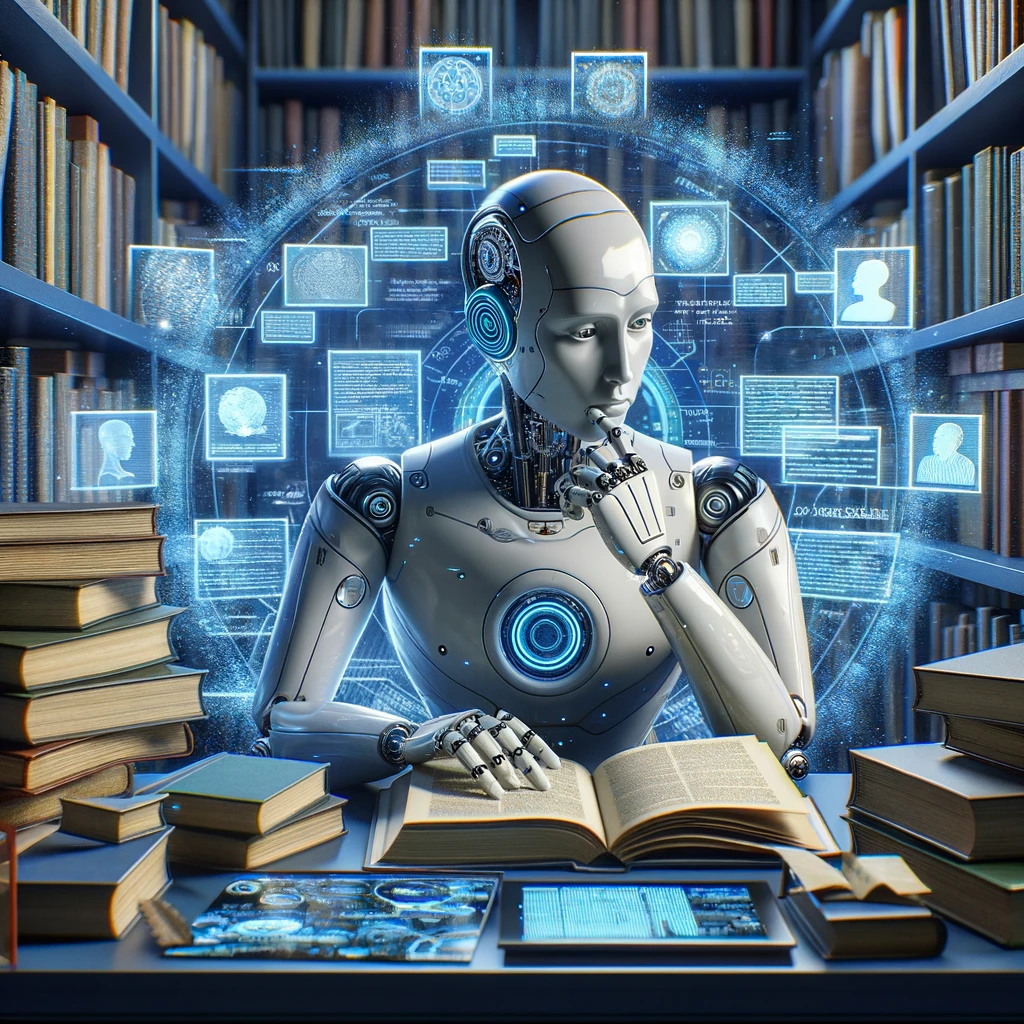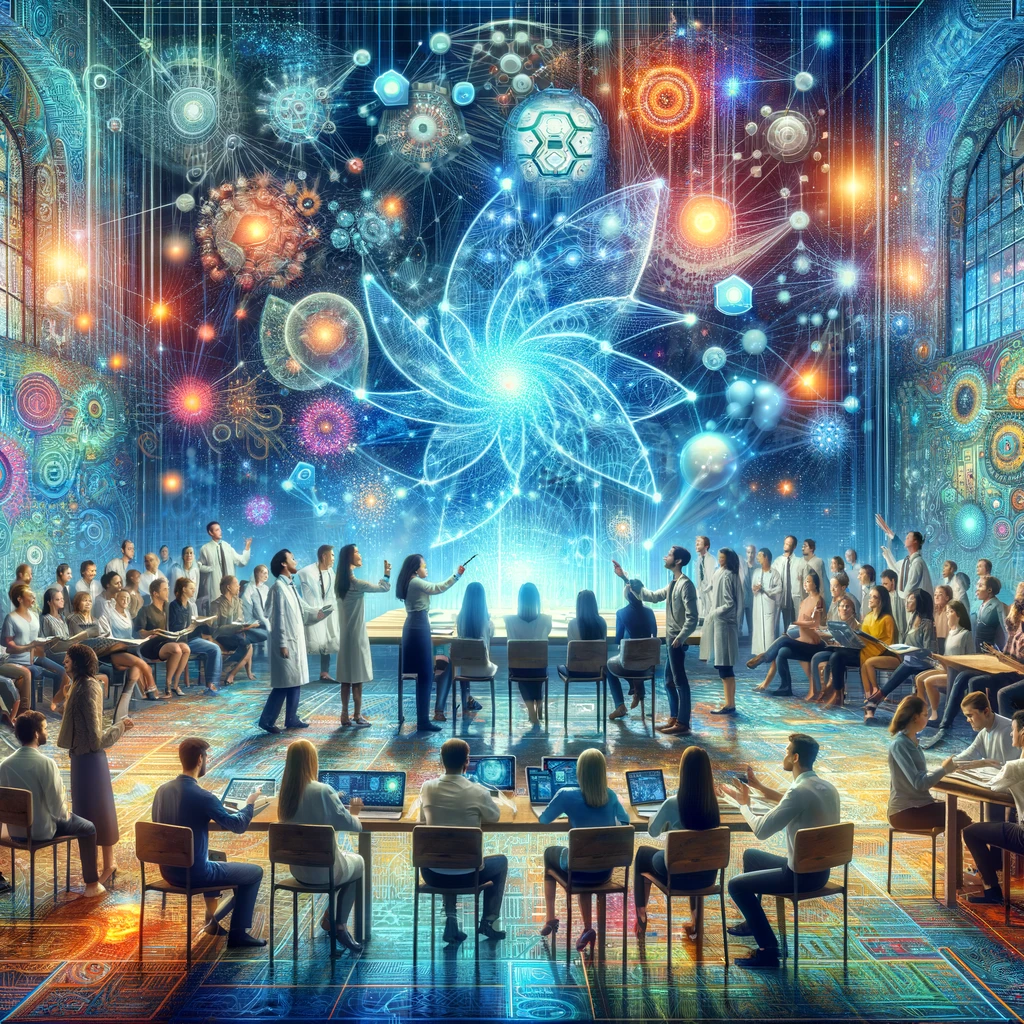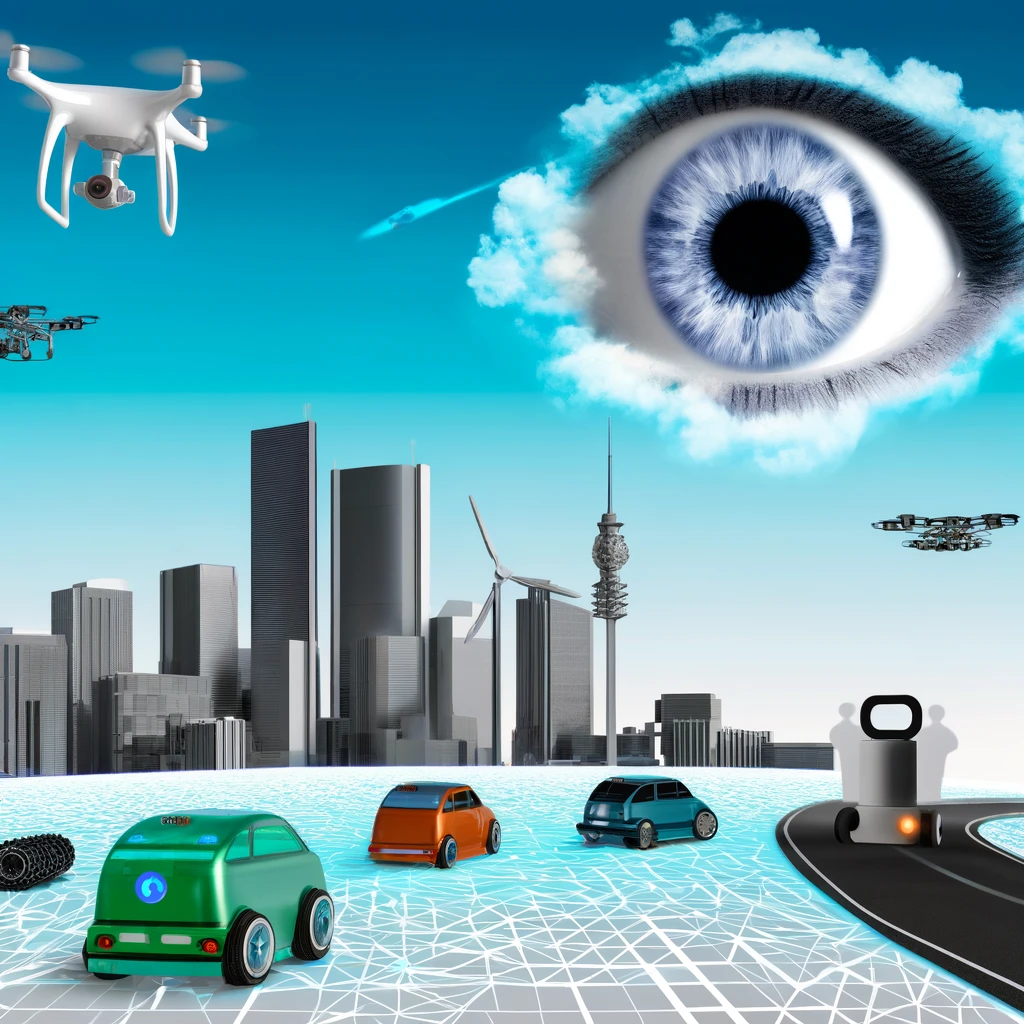AI Grokking: Unveiling the Deep Understanding of Artificial Minds
- Ango Fomuso Ekellem

- Apr 7, 2024
- 3 min read
Updated: Apr 8, 2024
Now with the Audio version here!
In an era where artificial intelligence (AI) permeates every facet of our lives—from curating our social media feeds to powering self-driving vehicles—it's imperative to understand not just what AI can do, but how it learns and understands the world around it. Among the myriad of advancements in AI, one phenomenon stands out for its depth and implications: AI grokking. This concept, borrowing from the lexicon of science fiction, has transcended its literary origins to become a cornerstone in the discussion of AI's evolving capabilities and future potential. But what does it mean for an AI to "grok" something, and why should even those outside the tech industry take notice?
The Essence of Grokking
The term "grok," coined by Robert A. Heinlein in his novel "Stranger in a Strange Land," signifies a profound, intuitive understanding. When applied to AI, grokking describes a moment when artificial intelligence systems, particularly those based on complex models like GPT (Generative Pre-trained Transformer), demonstrate an understanding of concepts or patterns they weren't explicitly trained to grasp. This phenomenon occurs seemingly out of the blue, after the AI has been fed a sufficient amount of data or has navigated through a complex enough problem space. It's as if the AI suddenly internalizes the essence of the information, enabling it to generate solutions or ideas that reflect a deep understanding of the underlying principles.
Why Grokking Matters
At first glance, the idea of machines developing an intuitive grasp of human-like concepts might seem like a novelty, relevant only to researchers or developers. However, the implications of AI grokking extend far beyond the confines of tech labs and academic papers. Here's why it matters to everyone:
Enhancing AI's Problem-Solving Abilities
Grokking allows AI to approach problems in a way that mimics human reasoning, making these systems not just more efficient but also more adaptable to a variety of tasks. From healthcare diagnostics to complex environmental modeling, AI that can grok has the potential to revolutionize industries by providing solutions that are both innovative and deeply rooted in an understanding of the task at hand.
Ethical and Safety Considerations
As AI begins to "understand" the world in ways that resemble human cognition, questions of ethics and safety naturally arise. How do we ensure that AI's decisions, influenced by its deep understanding, align with human values? What measures can be put in place to prevent misuse? The phenomenon of grokking necessitates a reevaluation of how we approach AI governance and oversight.
The Future of AI Development
Understanding grokking is crucial for predicting the trajectory of AI advancements. As AI models become more capable of deep understanding, the possibilities for innovation expand exponentially. However, this also means that the strategies for training, deploying, and managing AI systems must evolve to accommodate the unpredictable ways in which AI might apply its newfound understanding.
The Universal Relevance of Grokking
You might wonder, "Why should I, someone not directly involved in AI development, care about this?" The answer lies in the pervasive influence of AI on modern life. As AI systems become more integrated into our daily activities, their ability to understand and interact with the world in a human-like manner will directly impact everything from the job market to privacy concerns, and even the nature of creativity and invention.
Understanding AI grokking isn't just about keeping up with the latest technological trends; it's about being informed participants in a world where AI's influence is all-encompassing. By grasping the nuances of how AI learns and understands, we can better prepare for the changes it brings, ensuring that the development of AI remains aligned with human values and societal well-being.
In the quest to build machines that think, the phenomenon of AI grokking offers a glimpse into a future where the line between human and machine understanding becomes increasingly blurred. It's a future that holds incredible promise but also poses challenging questions. Engaging with these questions now, across all sectors of society, is not just necessary—it's essential for shaping a world where AI and humans coexist harmoniously, with mutual understanding and respect at the core of this relationship.







Comments